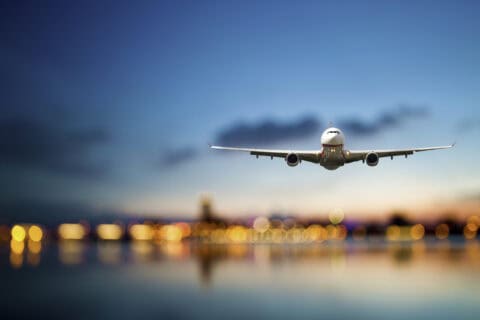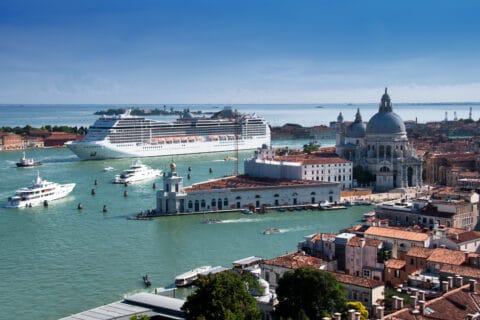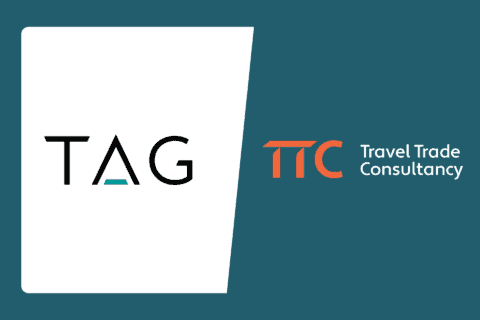Russia’s war in Ukraine has entered its second month. In our March 2022 Travelcast, we explored the following implications for travel companies. We also surveyed our clients to get an idea of the impact they are seeing. You can find out what they said below.
Impact 1 – Fuel prices
IATA’s Fuel Price Monitor showed the price of Jet Fuel soared to $160 during March.
Fuel is typically around 20% of an airline’s cost base so a spike of this magnitude has a noticeable impact. Normally airlines smooth out some of these short term bumps, using a combination of hedging instruments like options and other derivatives.
However, when demand for flights cratered in 2020 many airlines found themselves locked into hedging positions they no longer needed (British Airways parent IAG wrote off an eye-watering €1.7bn in their last financial year).
And demand has been so unpredictable in the last two years that several airlines changed their hedging policies, reducing the percentage of anticipated fuel requirements they hedged. In their latest quarterly announcements, BA and easyJet reported that around 60% of their fuel requirements were hedged for the next 12 months. For BA this dropped to 30% for the year after. Wizz Air had stopped hedging altogether.
We’ve already seen several airlines including Emirates, Loganair and Delta move to introduce price surcharges. More are likely to follow.
But in the UK and Europe, there are strict rules governing surcharging when selling packages. Something we’ve looked at further in this post.
Package organisers could find themselves unable to recover these price increases, adding further pressure to cost bases and margins.
Impact 2 – Loss of Russian tourists from the market
According to the World Tourism Organisation, Russian tourists were the 7th highest spenders in the world in 2019.
Figures from the Cyprus tourist board suggest Russians make up 25% of arrivals. Russian tourism ministry figures suggest Russians make up a huge proportion of high yielding visitors to several important holiday destinations like Turkey, Dubai, and the Maldives.
Governments around the world have imposed a range of sanctions on the Russian people, which are now beginning to bite, limiting their ability to travel or access funds.
Hotels and other suppliers in some of these destinations now find themselves with lots of availability over the next few months. UK travel organisers are now able to find capacity in what was previously a tightly constrained Easter market.
Impact 3 – Customer confidence
GfK’s consumer confidence index fell in March 22 and is currently at its lowest level in 16 months. Though GfK cites Ukraine as a factor, it’s likely that fears around inflation and the dramatic increase in the cost of living are a bigger factor.
The latest Barclaycard spending report for February 2022 appeared to support this. The data largely predates Russia’s invasion of Ukraine. But it showed that while overall travel spending continued to recover, there was a huge gap between age groups. Younger people (who are more exposed to inflation and low wage growth) appeared to rein in their spending considerably, whereas older people spent just 3% less than they did before the pandemic.
Impact 4 – Booking behaviour

While 40% of our clients reported no impact as a result of the conflict, the remaining 60% reported a range of behaviours:
- 47% reported a slow down in bookings
- 40% reported a slow down in enquiries
- 20% reported price increases/surcharging
Interestingly none of our clients reported customers changing dates, suggesting the need for a break remains strong.
If you would like more insights like these, please subscribe to our newsletter below or if you’re after something specific, drop us an email at info@thettc.couk.
Join our newsletter
If you enjoyed this post, why not sign up to our newsletter? Get our latest blog posts, industry updates and exclusive content.
Sign up


